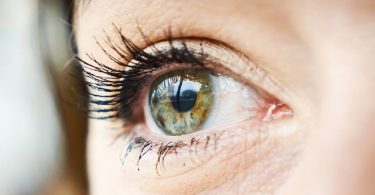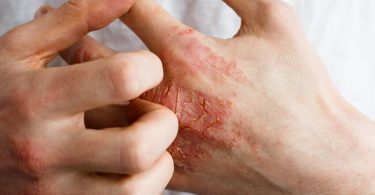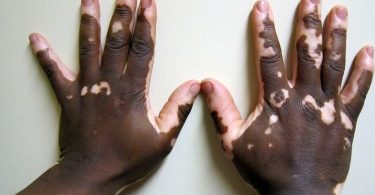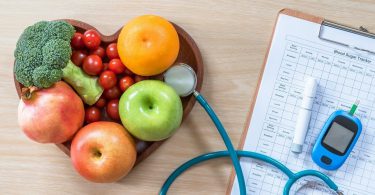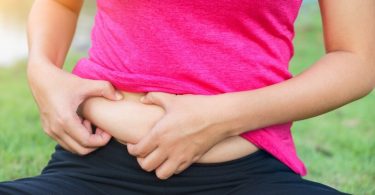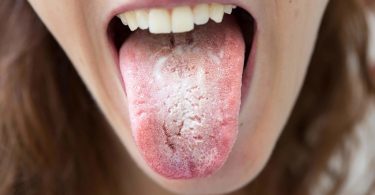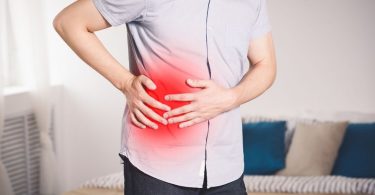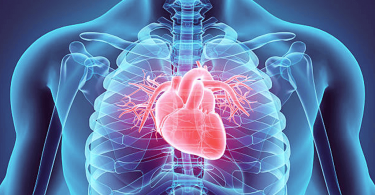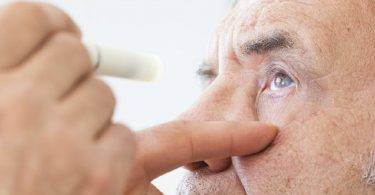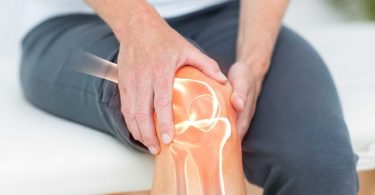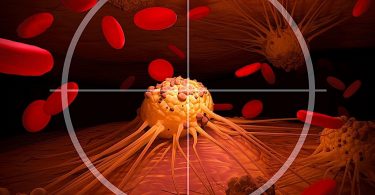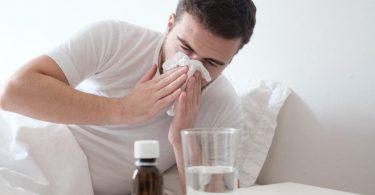Contents
Colitis definition
Colitis in general, is an inflammation of the lining of the large intestine (colon) and results in various intestinal disorders.
It manifests, among other things, with diarrhea and abdominal pain.
Different types of colitis
There are several types of colitis. Such as:
- acute colitis;
- chronic colitis;
- some colitis can occur in people with an anxiety or stressed tendencies (spasmodic colitis or irritable bowel syndrome ).
Depending on their cause, colitis is of varying severity.
Colitis causes
The acute colitis has quite different origins for example:
- drugs (antibiotics, laxatives, etc.);
- bacteria, virus, parasite…
- the use of combs as a treatment;
- the decrease in the blood supply to the intestinal wall.
Other causes of colitis
The chronic colitis can be related to:
- an inflammatory disease (Crohn’s disease, ulcerative colitis, etc.);
- an autoimmune disease (the body turns against itself by producing antibodies against its own organs);
- an infectious disease;
- stress and anxiety.
Colitis symptoms
The acute and chronic colitis usually manifest by:
- episodes of diarrhea and constipation;
- of bloating (increase in volume of the abdomen);
- local or generalized abdominal pain;
- difficulty passing the stool or, conversely, a constant urge to have a bowel movement;
- sometimes the presence of blood in the stool;
- a fever;
- sometimes anemia (during Crohn’s disease);
- tiredness.
Consulting a doctor is essential in order to establish an accurate diagnosis and initiate appropriate treatment.
Colitis prevention councils
In fact, depending on the cause of colitis, prevention advice varies.
Among them:
- limit the consumption of foods such as cabbage, peas, lentils, raw vegetables, bread;
- avoid or limit the use of strong condiments (spices, pepper, etc.);
- favor the consumption of cooked rather than raw foods;
- avoid the use of laxative drugs as they irritate the colon;
- limit sources of stress, anxiety and anxiety, as they promote the appearance of colitis;
- chew food slowly to obtain a dense and fluid mixture;
- take meals at a fixed time;
- take care to hydrate properly;
- clean fresh vegetables and fruits before consumption.
Colitis exams
To determine the cause of colitis, it is necessary to consult a doctor and to perform, first, a clinical assessment.
Several additional examinations are often necessary to confirm this diagnosis: blood test, stool analysis, etc.
Whatever the cause of this inflammation of the colon, regular medical monitoring is essential.
Colitis treatment
The treatment of colitis is determined when the cause is diagnosed.
In the case of acute colitis, the administration of drugs fighting against infectious agents (antibiotics, antiparasitics, etc.) is often effective.
In chronic colitis caused by an autoimmune condition, treatment is based on taking corticosteroids and drugs to weaken or reduce the body’s immune responses.
Homeopathy, herbal medicine, aromatherapy and naturopathy can be effective in addition to a suitable treatment for colitis.
Homeopathy
In addition to appropriate medical care, homeopathy can be effective:
- during diarrhea: 1 granule of Podophyllum 5 CH every 2 hours to be spaced, depending on the improvement in the condition;
- when the stool is very liquid, painless and tiring for the subject: take 1 granule every 2 hours of China 5 CH;
- when the stools are emitted very early in the morning with a jet of many gases: take 1 granule every 2 hours of Natrum sulfuricum 5 CH;
- in case of diarrhea associated with burning stools with bad smell, fever and infectious state: take 1 granule every 2 hours of Arsenicum album 5 CH;
- when the stool is semi-solid, half liquid after an excess of food: take 1 granule every 2 hours of Antimonium crudum 5 CH;
- during abundant bowel movements with great weakness and cold sweats, or after excessive consumption of fruit, take 1 granule every 2 hours of Veratrum album 5 CH;
- if the stools are green after excessive consumption of sweets: take 1 granule every 2 hours of Argentum nitricum 5 CH.
Phytotherapy
In colitis, it is possible to use also, herbal medicine to relieve symptoms:
- passionflower SIPF + lemon balm + valerian (1 teaspoon per day for three months) to soothe.
- milk thistle, turmeric, black radish (TM or capsule) for three months to improve liver function.
- chamomile + millefeuille, herbal tea twice a day for three months.
Aromatherapy
To relieve the symptoms of colitis, it is possible to use aromatherapy.
Dilute (obligatorily) three drops of peppermint essential oil in a teaspoon of honey, let melt. Repeat if necessary. But it is not suitable for pregnant women.
Please note, restrictions exist for children under 6 and pregnant women. Imperatively to see the precautions for use of any essential oil before use.
Naturopathy
In addition to an adapted treatment, naturopathy can calm the symptoms of colitis:
- take absorbent vegetable charcoal for 3 or 4 days;
- drink lots of mineral water to replace lost minerals;
- eat, for 2 or 3 days, rice, rice water and carrots;
- relax because stress can trigger colitis;
- wash your hands before each meal to avoid recontamination.

